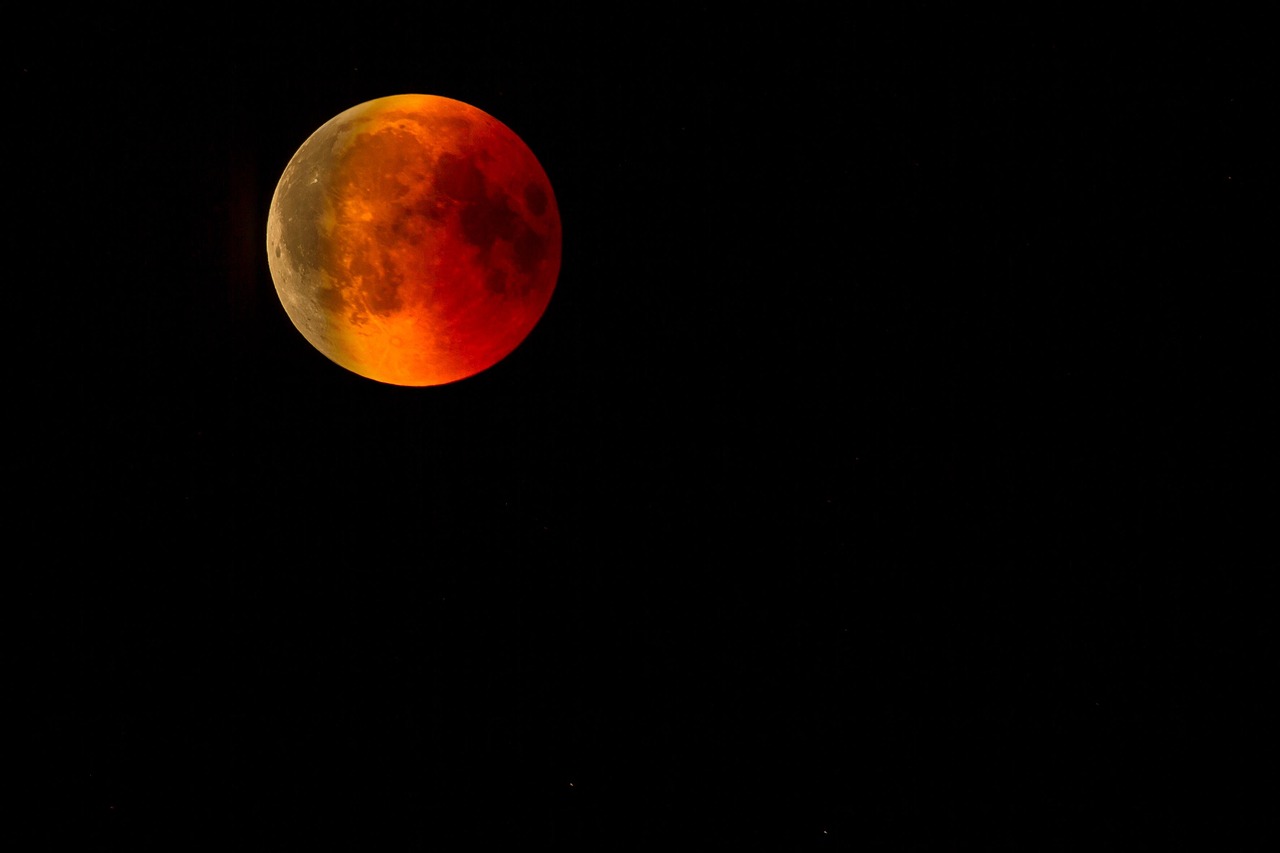In the world’s imagination, for over a century despite stock market crashes and wartime casualties, the real lifeblood of global entertainment lies with its Hollywood actors. New YouGov polling data as recently aggregated adjacent industry rankings reveals which stars remain top-of-mind going into 2025. Some are old legends, others today’s most bankable names prove that cinematic talent always wins out across generations.
Even as audience tastes shift rapidly amid fundamental changes to what makes up the broader ‘entertainment’ category, some actors have displayed an uncanny ability to stick in people’s minds. Figures show modern-day viewers hold classic icons like Marilyn Monroe in similar regard to contemporary favorites such as Chris Hemsworth — this mix between nostalgia and now is what fuels Hollywood‘s complex ecosystem where legacy and innovation collide. The star system goes right back to the silent days when studios first realized actors could be used as valuable marketing tools.
Current Popularity Rankings
How that has developed into today’s cult of celebrity is tracked by a 2025 YouGov survey monitoring fame and popularity. Box office receipts, social media influence, and other audience surveys now combine to measure modern stardom. Current numbers show Keanu Reeves leading those popularity rankings with an 89% positive rating among surveyed audiences, closely followed by Morgan Freeman at 87% and Denzel Washington at 85%. That speaks to the staying power of seasoned performers—numbers reflecting not just years in the business but decades connecting with audiences.
Modern Fandango results prove how the A-list mainly comprises franchise players. Chris Evans (Captain America) and Dwayne Johnson (Fast & Furious) prove that blockbuster series create royalty out of Hollywood. Their mere presence is brilliant confirmation of how much the industry depends on intellectual property to drive its stardom.
Classic Hollywood Icons
The Pantheon Greats Classic Hollywood actors have managed to stay hugely relevant decades after their prime. The YouGov survey puts Marilyn Monroe in the top 20 most famous actors of all time when she hasn’t worked since 1962. That’s about as telling as James Dean’s cultural imprint continuing to resonate; some stars achieve immortality through their work.
Robert De Niro and Meryl Streep are, quite simply, living legends who span several generations of filmmaking. Their continued involvement in large projects speaks to how best-of-the-best talent evolves with changes in the industry landscape. They are essentially what dramatic performance has been measured against for all of American cinema.
In action stars lies yet another aspect of Hollywood longevity; Arnold Schwarzenegger and Sylvester Stallone prove to be reference points for physical performance long past their prime in the 1980s. Their careers also show just how different pathways specific genres can offer toward enduring fame.
Jennifer Lawrence is another modern-day success, going from indie darling to Hunger Games powerhouse. Her career path demonstrates how young actors use franchise wins to bargain for their own artistic liberty. Lawrence’s Oscar win at the height of her blockbuster fame proves that box office and critical accolades can indeed go hand in hand.
The Rock Dwayne Johnson is a current day multimedia superstar. He brings with him a social media fan following of 385 million across platforms to add to his box office supremacy. That’s what stardom today means — being big both onscreen and online.
Cultural Impact Beyond the Screen
Many Hollywood stars have gone on from pure entertainment to become cultural figureheads. Robin Williams’ legacy showed how comedians could have such deep societal influence. Angelina Jolie shows in her work for the UNHCR how the typical actor uses international celebrity for humanitarian causes.
Changing Audience Dynamics
Her move from action star to Special Envoy simply speaks of additional roles now open to the elite of Hollywood. Such transition is what rewrites the script onscreen dynamism to which most fans have grown attached. Keanu Reeves has cultivated just as famous a reputation for niceness as he has for movie roles.
Quiet largesse and strong work ethic inspire endless fevered fan tributes that prove how much an offscreen persona alters audience perception in this age of social media. Oscars racing remains contemporary Hollywood’s most visible meter stick on acting excellence. Leonardo DiCaprio finally winning the Best Actor Oscar in 2016 for The Revenant after five nominations proved how much audiences love following stars’ journeys with awards.
These stories build emotion between actors and fans that goes well beyond a single performance. And posthumous recognition lives on shaping Hollywood legend. Heath Ledger’s Oscar for The Dark Knight showed how the industry tends to honor tragically cut short careers. Such moments reinforce acting as an art that transcends individual lifespans.
Influence Beyond Film
Hollywood stars directly drive tourism from their location associations. The Notting Hill effect continues pulling tourists into London bookshops years after the film, demonstrates how actors do tie themselves to real-world places and businesses. Signature roles keep on playing.
The cast of Harry Potter continues to drive theme parks and merch long after the end credits roll. Extended revenue streams prove how valuable actors are-far beyond their initial production budgets. Social causes gain much more with celebrity participation.
When stars like Leonardo DiCaprio support environmental issues, both public awareness and donations increase dramatically. This crowd-moving power places Hollywood within a wider societal context. Franchise commitments have taken over the schedules of A-list actors, with many now dedicating years to single franchises rather than diverse roles.
Where they once balanced studio films with passion projects, tentpole calendars today allow little experimentation, observes Finn. This is the reality that reshapes the artistic development of new talent. The box office analyst points out changing demographics: Over-50 audiences are now driving 42% of theatrical revenue – this is why veteran stars hold such enduring appeal. That’s also why studios still heavily invest in big names as well as newer faces.
Future Outlook
Virtual performances may likewise redefine Hollywood stardom way out in coming decades – maybe even extend legacies long after careers are over, much like James Earl Jones’ AI-assisted voice work for recent Star Wars projects would suggest. Tech integration could serve to extend creative and financial legacies indefinitely.
Technological Advancements in Cinema
It will probably generate more international stars. Multi-lingual actors, in various languages such as that of Simu Liu today would not have been possible if globalization had not paved the way for the international success of Jackie Chan. After all, as Hollywood’s viewership becomes more and more universal, so too will its concept of stardom.
The future face(s) of Hollywood might come from surprising outlets. The early moves of TikTok stars into movies already show how digital stardom translates into traditional success. This democratization of opportunity could transform the power structures of the entire industry in huge ways.

